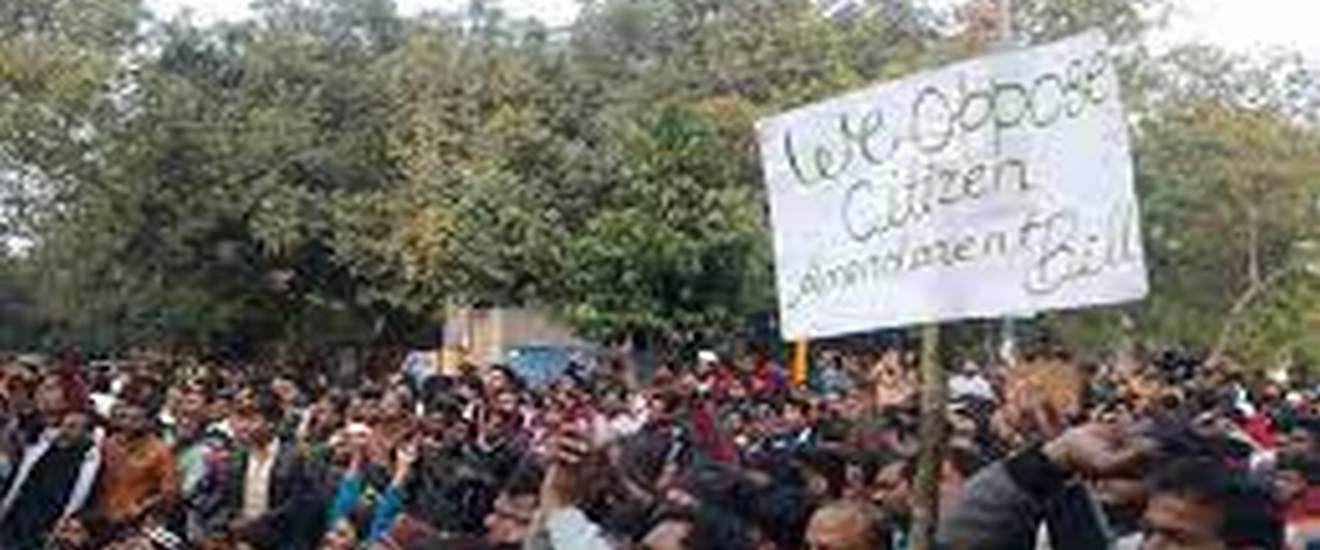Analysis
NRC: The Right to Appeal
Court clarifies that persons excluded from the National Register of Citizens can file an appeal before the Foreigners Tribunal.

Abdul Kuddus v. Union of India – CA 5012 / 2019
The deadline for the implementation of Assam’s National Register of Citizens (NRC) is July 31st 2019. 4 million were excluded from the first draft published last year. With roughly just a month left before the deadline hits, the Court delivered a crucial judgment on the right to appeal. Previously, if you had been excluded from the NRC, it was unclear whether you could appeal your exclusion to the Foreigners Tribunal (Tribunal). On May 17th 2019, the Court held that orders by the Tribunal prevail over orders by the government to include/exclude names from the NRC.
Sanjiv Khanna J authored the judgment on behalf of Ranjan Gogoi CJI and Deepak Gupta J. The Bench was ruling on three central issues:
- Is the Foreigners Tribunal the ‘competent authority’ to declare someone a foreigner, under paragraph 3 of the Schedule to the Citizenship Rules, 2003 (2003 Rules)?
- Does res judicata apply to orders by the Foreigners Tribunal? Meaning, once you have been declared a foreigner by the Tribunal, are you barred from approaching it a second time?
- Should the Supreme Court create an appellate forum, exercise its power under Article 142 of the Constitution, for those appealing exclusion from the NRC?
The appellants argued that the Tribunal is not a competent authority to declare someone a foreigner, in the context of the NRC. They viewed orders by the Foreigners Tribunal as mere executive orders that do not carry judicial weight. They cited the fact that Tribunal orders are not judgments, referring to a 2012 Amendment to the Foreigners (Tribunal) Order, 1964.
The Court rejected their argument, holding that the Tribunal is the competent authority under the parent Act of the 2003 Rules. The Court invoked Section 6A of the Citizenship Act, 1955, which states that the Tribunal is competent to declare someone a foreigner. Further, the Court stated that the appellants had failed to establish who an alternate competent authority could be. Hence, it declared that orders of the Tribunal are “quasi-judicial” and not merely executive.
On the second question, the Court held that the Tribunal’s orders must operate res judicata. Citing Shirmati Ujjambai, the Court held that once the Tribunal decides whether an individual is a foreigner (or not), said individual can no longer approach the Tribunal. However, the Court did note one exception: in instances of contradictory orders by the Tribunal between close relatives, res judicata will not apply.
On the third question, the Court held that it would not establish an appellate forum using its powers under Article 142. Adhering to the separation of powers, it stated that creating an appellate forum would “entrench upon the field of legislation”. It emphasised that the Court was only justified to exercise such powers, when there was legislative silence on an issue (see P. Ramachandra Rao and Pravasi Bhalai Sangathan).
As a result of this judgment, those excluded from the NRC may only file an appeal before the Foreigners Tribunal. But if they have previously already been declared a foreigner by the Tribunal, their only option is to file a fresh writ petition before the High Court of Guwahati.
